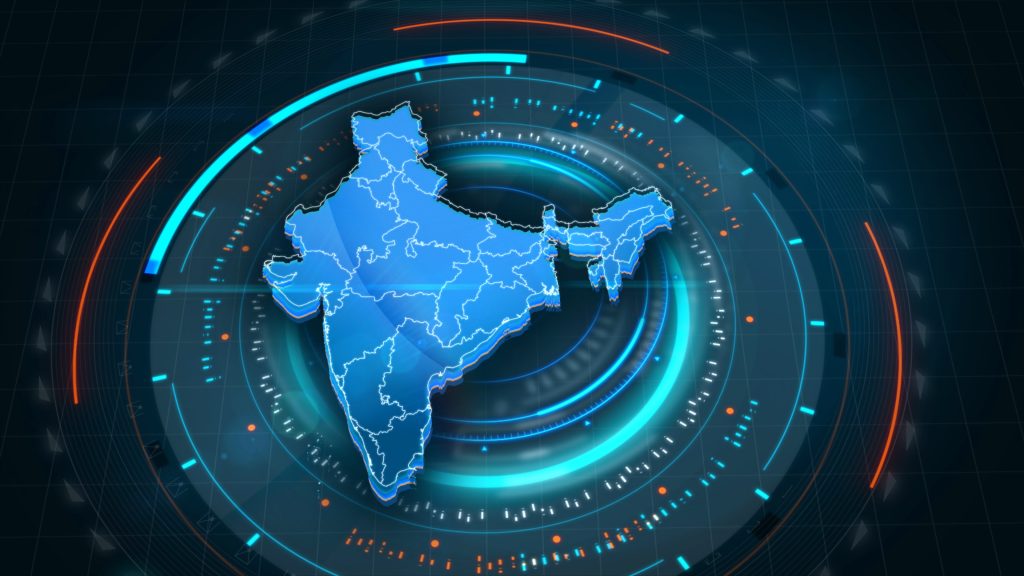The 2023 Telecom Bill to grant Indian government greater control over telecom services
The recent passage of the Telecommunication Bill 2023 by the Indian Parliament has introduced extensive structural changes aimed at enhancing national security measures within the telecommunications sector, albeit triggering contentious debates due to the substantial authority conferred upon the government,

The Indian Parliament recently passed the Telecommunication Bill 2023, marking a significant revisions of the existing regulatory frameworks governing the telecommunications sector. The bill, ratified by both houses of parliament, introduces a multitude of structural changes aimed at streamlining the sector’s operations and enhancing national security measures.
One of the key aspects of the bill involves simplifying the licensing procedures, providing a clearer framework for spectrum assignment, and mandating stringent user verification protocols. These measures are designed to foster a more efficient and secure telecommunications environment while addressing various operational complexities.
However, the most contentious aspect of the bill revolves around the substantial authority it grants to the Indian government in safeguarding national security within the telecommunications domain. This includes provisions allowing the government to suspend or prohibit the usage of telecom equipment originating from specified nations or entities during perceived threats. Moreover, it establishes comprehensive standards and regulations governing equipment, services, security protocols, and data processing.
In scenarios of public emergencies or safety concerns, the bill empowers the government to assume temporary control over telecommunications, prioritising message routing to facilitate swift crisis responses. Additionally, it authorizes the interception, detainment, or non-transmission of critical messages deemed essential to national interests. Emphasis is placed on the importance of procedural safeguards and documented justifications in executing these measures.
What are the main concerns voiced by the critics?
Despite the purported security enhancements, some critics have opposed the bill, raising concerns about its potential implications for fundamental rights, democratic principles, and the structure of the internet. Many argue that the bill poses a severe threat and advocate for its withdrawal and revision to eliminate perceived flaws that could compromise essential liberties and democratic values.
The bill raises significant apprehensions about privacy, notably due to its provisions granting extensive surveillance and interception authority to the government without robust independent or judicial oversight. Moreover, it poses a threat to encryption, a vital safeguard for privacy and the expression of freedom.Additionally, the legislation amplifies the unchecked powers of the government to impose internet shutdowns, potentially intensifying concerns regarding the limitation of internet access without proper scrutiny or regulation.
